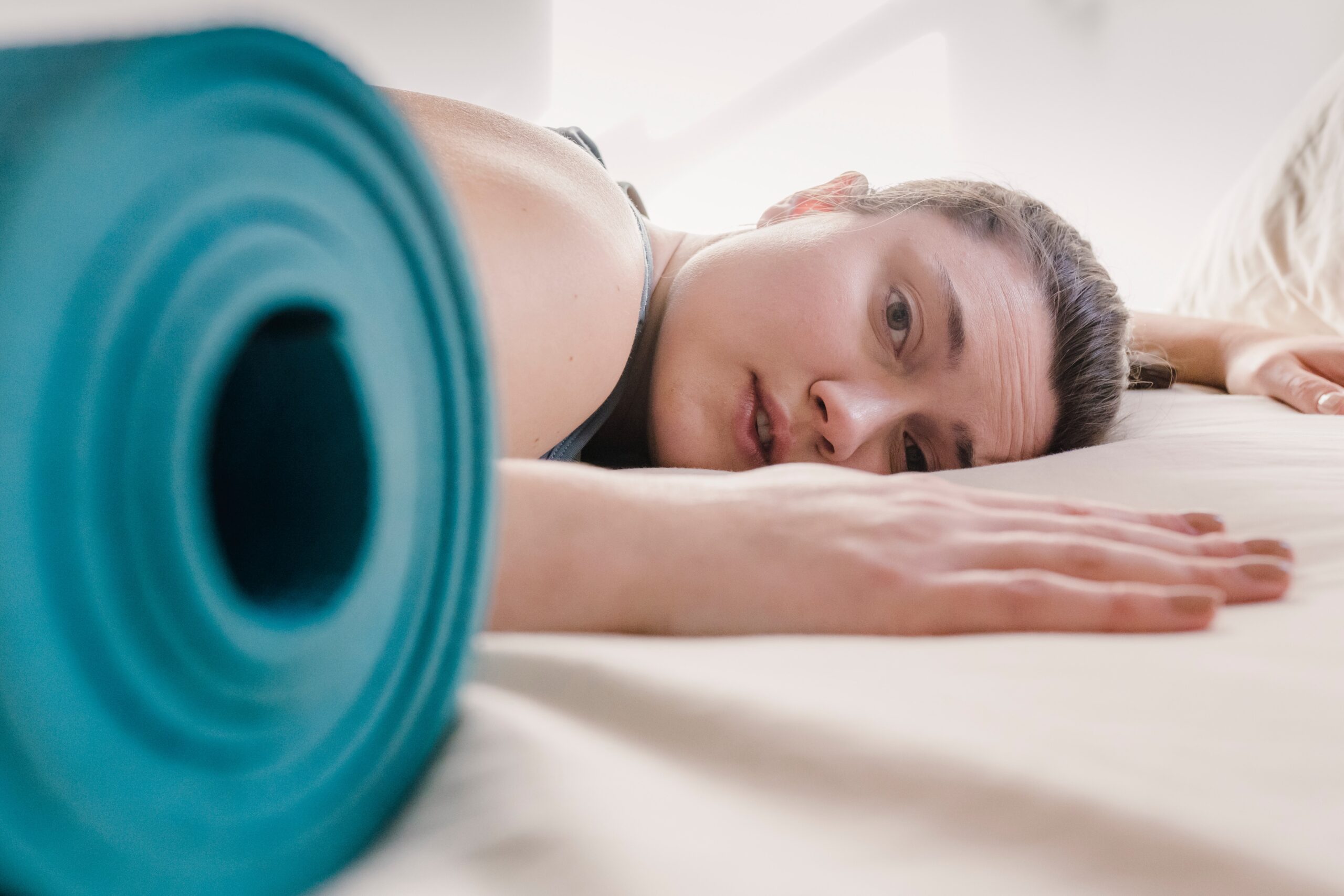Though it is a popular term and many people talk about the advantages, Denver Metro Counseling wonders, Is Self-Care Overdone?
When you have activities overly scheduled to meet the demands of your self-care routine, you may be going too far.
Social, physical, and mental aspects of your self-care routine can fill up fast, and it may impact your mental health.
Perhaps you have massages, manicures, a walk, working out, and time with friends on your calendar in just one day.
All of those activities are nurturing when isolated or combined, and you may be creating more stress, excitement, and chaos if you are reaching for goals that have you falling short or leading to burnout.
Scheduling to a point that you are no longer enjoying the activity or staying in the present moment can be counter-productive when it comes to your self care routine.
There are many benefits to self-care, and it may be time to prioritize what is most important to you so that you stop creating a chaotic schedule.
It may be time to take better care of yourself and let go of self care practices that are no longer serving you.
What is the purpose of self-care?
Many times, the purpose of self-care is to slow down and stay mindful. If you are rushing to get to a self-care appointment and screaming at other drivers on your way there, is that really helpful to you?
When you lose out on sleep to do another self care activity, could it be time to call it quits? Self-care can lead to inner peace and befriending yourself when it isn’t overdone or leading to burnout.
You can become your own best companion with self-care because you get to know your likes and dislikes, which can mean improvements with your mental health.
Self-care can also support a work-life balance and restoring your body as well as your mind. It can be a time to rest and recharge when the demands of life become overwhelming.
How do I know if I am overdoing self-care?
You are the only person who can answer this question, and a sign of a self-care routine being overdone is that you are tired completing your daily habits.
If you are exhausted after all of the activities that supposedly make you relaxed, you may be going too hard on yourself.
DMC founder, Julie Reichenberger shares her experience of overdoing self-care, “I was exhausted all the time and didn’t understand why. I was going to yoga, workout classes, getting massages, attending reflective classes, trying acupuncture, infrared sauna, walks and dinners with friends – all the self-care activities I could. And then one day I realized, I am doing so much “self-care” I am actually exhausting myself and not feeling cared for by myself at all – and spending too much money trying.”
Part of self-care is discerning what is most important to you and what is restful or rejuvenating to you. It can be a sign of people-pleasing when you don’t say no to anything.
A yes person is a very busy person, and you may be letting yourself down the most.
This is a time to re-evaluate what wellness means to you and simplify.
A healthy meal, healthy boundaries, a healthy relationship in your life, and adequate sleep can all be simple ways to improve your self-care routine.
What can I do to maintain a better balance with my self-care routine?
This is your opportunity to identify what you want to prioritize most. The best part about prioritizing is that it can change and shift.
If you no longer feel that an activity is helpful to your mental, physical, or spiritual health you can skip it.
The goal is not to see how much self-care you can get done in a day; it’s a gradual process of loving yourself over time.
Think of the little acts of kindness you can do for yourself throughout the day, month, and year.
That type of consistency will lead you to self-love in a much more beneficial way than squishing every activity into a moment.
You may have to take a step back to get a closer look within.
Julie goes on to share, “I learned to be flexible with self-care and paying attention to my energy before and after saying yes to doing something. I have learned I need to keep my weekends free of many of the self-care activities I was doing before and spend more time being present and enjoying my down time. As an entrepreneur, this was challenging at first, and well worth the change now.”
Why is excitement and chaos addicting?
It can be addicting because it allows you to replay fight or flight in your nervous system. When you overschedule, procrastinate, or arrive a few minutes late, you are subconsciously creating a barrier to ease and peace.
An incredibly full self-care routine can help you to create chaos rather than maintain peace. To help yourself through this repetition, you may have to create a more loving experience for yourself.
This may mean that you leave your house earlier than you normally would, reschedule appointments that are too close together, and build self-discipline to finish a task in a timely fashion.
If you are overdoing your self-care routine or need support with prioritizing what is important to you, our trauma-informed therapists on our clinical team can help.
It can be confusing to navigate what matters the most in your life without a person who loves and cares about you to make an action plan with you. No matter your needs, Denver Metro Counseling can help you find the right fit.
***
Written by: Randi Thackeray, MA
Clinically Reviewed and Edited by: Julie Reichenberger, MA, LPC, ACS, ACC
